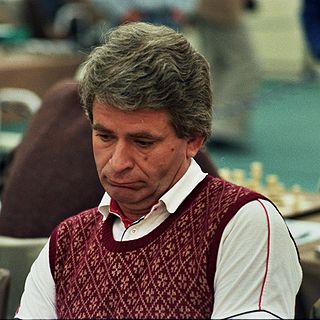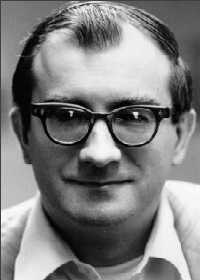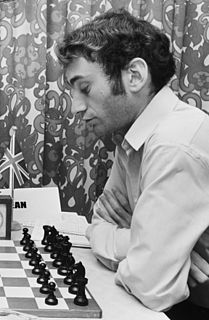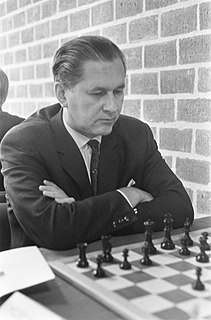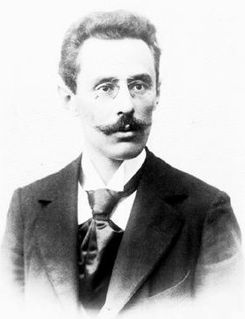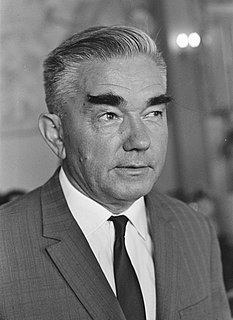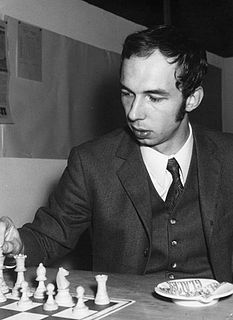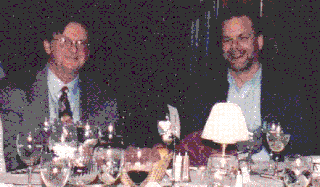A Quote by Boris Spassky
My forte was the middlegame. I had a good feeling for the critical moments of the play. This undoubtedly compensated for my lack of opening preparation and, possibly, not altogether perfect play in the endgame. In my games things often did not reach the endgame!
Related Quotes
Fans are always talking about endgame as though endgame has been chosen from minute 1. I don't know that you could talk to a single series creator that would say confidently 'Where I started is where I finished, and there was no way in hell I was going to stray from that path.' 'Dawson's' being the perfect example.
